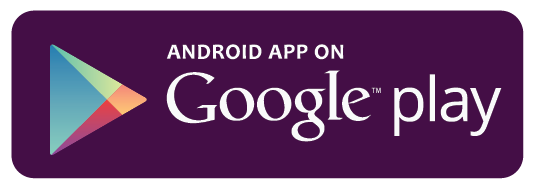We’re addicted to communication. Isn’t there a continuous stream of messages on your smartphone, tablet and laptop? But when is this really useful and when is it a distraction? Is there another way to discuss important and complex topics instead of endlessly calling and sending messages?
In a previous blog we gave tips on how you can counter distraction by your smartphone. Today we will go further into the phenomenon that we often start chatting nowadays, while it is more effective to think in advance about what you want to achieve. Then it quickly becomes clear which medium lends itself best for this.
Chat
When someone wants to ask something and the person concerned is somewhere else, you can make a simple call, chat, or e-mail. By calling, you immediately demand attention. That is not the case with an e-mail. An instant message is in between. However, with an instant message people may expect you will respond quickly. In addition, most people find it difficult to ignore the constant stream of chat messages.
Does it really have to be right now?
Often a chat message is not as urgent as it appears. The person who starts chatting is impatient and unaware of the fact that the chat message will interrupt people in what they’re doing and break their concentration. All those messages keep you from achieving your goals for the day. He or she wants an answer, a solution, or a decision right now, while it is not really urgent at all. This becomes especially annoying when a chat conversation continues on end.
Intervene!
You can easily do something about this. It starts with understanding when it is convenient to send an instant message and when not. If you need more than say three four people for a serious topic, chat is rarely a sensible medium. When the subject is complex, and when it needs structure, chat is by definition not suitable. If you do not have a clear idea of what you want, do not start with it at all! And if the chat threatens to get out of hand, take action and propose to take the discussion to a higher level.
Fake urgency is harmful
This fits perfectly with Jason Fried’s philosophy: do more in writing and do not chat or call continuously. Most of it can wait. The initiator may want an immediate answer, but it is often not necessary. Continuous communication works disruptive, making cooperation slower, instead of faster. This is especially true for important and complex topics. It may lead to better results to take your time for an important decision.
Give people the opportunity to think about something
It is much more powerful to first ask yourself all the important questions in writing and structure your thoughts. Give yourself and other people time to think. Then everybody can respond in time with a well thought out answer. This is the best way to get rid of the feeling of restlessness that the continuous flow of messages induces. People will again learn to work carefully and with full concentration.
Do more in writing, with fewer emails
I hear you thinking, that means more emails. But that is not necessary! With Yabbu you can easily structure complex topics, even if many people are involved. If you notice that a chat discussion gets out of hand, or if you want to discuss a complex topic, then start a session in Yabbu. What you can not handle in writing, you can discuss a few days later in a face-to-face meeting. Participants will have slept on it for a few nights, and in the meantime they were able to question each other. This way you create ownership, trust, and more quality, and your team will become more productive together.



